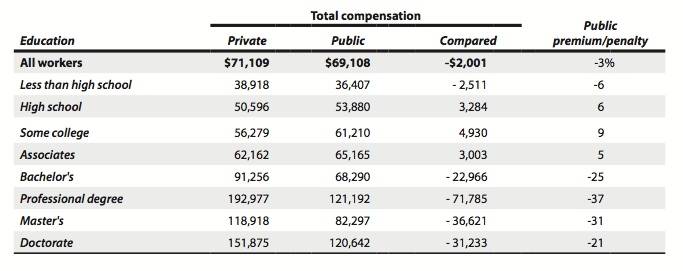Quantum Windbag
Gold Member
- May 9, 2010
- 58,308
- 5,099
- 245
Speaking as a former government employee I have to agree that they (we) were not overpaid.
Once upon a time civil service was something that was honorable.
Why and when did all that change?
Maybe it changed when civil servants stopped being civil.


